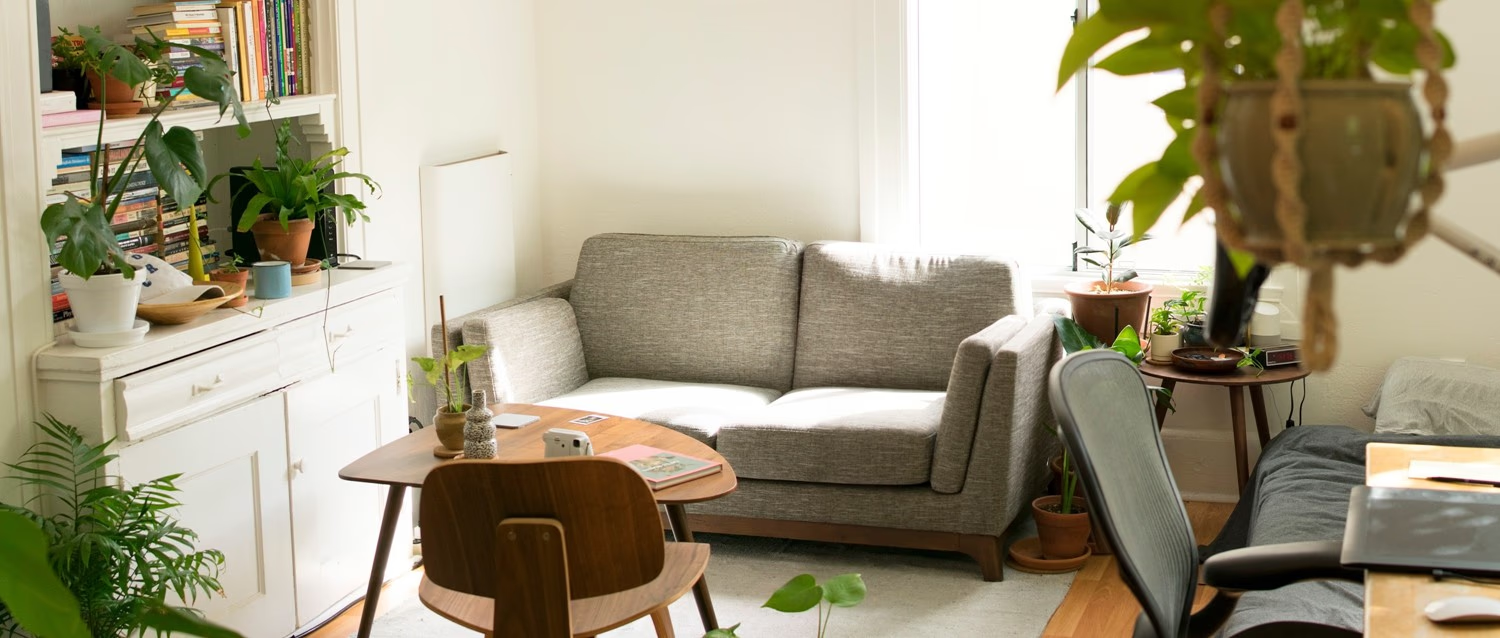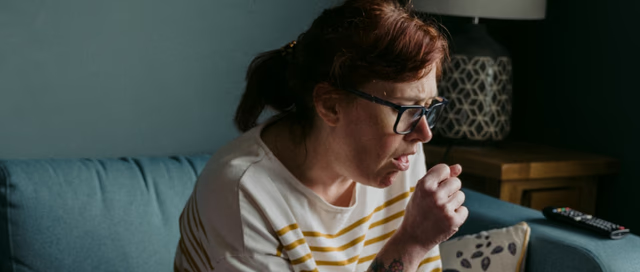
COVID-19 coronavirus: how to self-isolate
Peer reviewed by Dr Sarah Jarvis MBE, FRCGPLast updated by Milly EvansLast updated 8 Jan 2021
If you or someone in your household develop symptoms of fever, new, continuous cough or loss of taste or smell, you should self-isolate and not leave your house for any reason. But what does this mean in practical terms?
In this article:
Under COVID-19 restrictions across the UK, there are only limited circumstances in which we can go out into the community, such as shopping for essentials, exercise and to seek medical care. We are all being urged to stay at home as much as possible to minimise the spread of the virus.
However, if you develop symptoms of fever, lose your sense of smell or taste or develop a new, continuous cough, or you test positive for COVID-19, you should self-isolate and not leave your house for any reason, unless you are told to by NHS 111 or the emergency services. The same applies if you've been in close contact with someone with a confirmed case of COVID-19.
Continue reading below
What to do if you're asked to self-isolate
You should self-isolate for ten days if you develop any symptoms of fever or a new cough, however mild, or if you test positive for COVID-19. If you live in a household with other people, everyone else must also isolate for ten days. Anyone who develops symptoms must isolate for ten days from the start of their symptoms, even if it means isolating for more than ten days in total. If you are told to self-isolate, you must:
Stay at home or in your room as much as you can. Keep the windows open to improve ventilation.
Not go to work, school or public areas. You should not go outside for a walk. You can use your garden as long as you remain two metres apart from other people.
Not use public transport like buses, trains, tubes or taxis.
Avoid all contact with others, including visitors to your home.
Ask friends, family members or delivery services to carry out errands on your behalf. This includes shopping, and getting medication and food.
Do not share utensils, bed linen, towels or other household items with others whilst isolating.
Any groceries or food which need to be delivered should be left outside your door to prevent face-to-face contact.
If you live with other people
If someone in your household develops symptoms, you must all self-isolate. To minimise the risk of passing it on to other people (especially older people, those with underlying health conditions and pregnant women) you should take precautions to keep away from them. If possible, people in these risk groups should find somewhere else to stay and isolate for fourteen days.
Bathroom
If you can, use a separate bathroom to everyone else. If you are sharing a bathroom, you should:
Use your own towels, including hand towels, toothbrushes and washcloths and keep them separate from the rest of the household.
Clean the toilet and bathroom every time you have finished using them. If possible, create a rota for bathing or showering, make sure you go last and thoroughly clean afterwards.
Kitchen
If you share a kitchen:
Avoid using it when others are present. Take turns to cook or use the kitchen.
Clean the kitchen and any surfaces you have touched afterwards.
Take your meals back to your room to eat.
If you can, use separate utensils, cutlery and crockery (plates, glasses and bowls) to everyone else.
If you have a dishwasher, use it to clean and dry your used cutlery and crockery - use a 60° cycle.
If you don't have a dishwasher, do your washing-up using warm water and your normal washing-up liquid. Dry items thoroughly afterwards using a separate tea towel.
Other people in your household should regularly and thoroughly wash their hands, avoid touching their faces and clean frequently touched surfaces. You can use your usual household products like detergents and bleach.
Tissues, disposable cleaning cloths, wipes and other personal waste should be stored in disposable rubbish bags, placed inside another bag and kept separate. You can put them in your normal outside bin after three days.
Any dirty laundry can be washed alongside other people's items. However, if you don't have your own washing machine, wait until three days after your isolation period ends to take them to a laundrette.
If you are pregnant or currently breastfeeding, you can take a look at the guidance from the Royal College of Obstetricians and Gynaecologists.
Patient picks for COVID-19
Continue reading below
When to seek medical attention
If your illness is worsening, you should seek medical attention as soon as possible. If it's not an emergency, contact NHS 111 online. If you have no internet access, call 111.
If there is an emergency and you need an ambulance, call 999 and tell the call handler that you have coronavirus.
Any routine medical or dental appointments which you had previously booked should normally be cancelled whilst you are sick and at home. If you are asked to attend whilst isolating or you have concerns, call the practice or hospital first.
Ending isolation
You should stay at home until ten days after your symptoms started or ten days after someone in your household started experiencing symptoms. If after the isolation period you feel better and no longer have a high temperature, you can return to normal life under the rules issued to the rest of the population. Your cough may continue for several weeks but as long as you no longer have a fever, you can end isolation after ten days.
If you feel no better or you start feeling worse, contact NHS 111 online or call 111.
Continue reading below
Planning for isolation
Now that everyone has to stay at home as much as possible, you should limit trips to the shops to get food and other essentials as much as possible. It's a good idea to plan ahead and think about the things that you will reasonably need to stay at home for ten days. This does not mean that you should 'panic buy' food and supplies.
However, you should make sure that you have a way to get medications and groceries to you during your time in isolation, whether that means someone delivering them to you or ordering them online.
If you will be working from home, make sure to make arrangements to be able to do so. You should also plan entertainment and ways to communicate with other people for the time you'll spend in isolation.
Public Health England has created further guidance on how to self-isolate on its website.
Help from NHS volunteers
Many people who have to stay home for their own protection can now access help from the NHS volunteer responders who have signed up to help. The services they can offer include:
Collecting and delivering shopping and other essential supplies.
Delivering medicines from pharmacies.
Driving patients to appointments.
Bringing them home from hospital.
Making regular phone calls to check on people isolating at home.
Transporting medical supplies and equipment for the NHS.
People who are eligible for help include:
Anyone who has been told to self-shield during the pandemic.
Over-70s who have underlying health conditions such as heart disease, diabetes, COPD, liver or kidney problems, or nervous system conditions such as Parkinson's disease or multiple sclerosis.
People who are self-isolating who GPs consider especially vulnerable.
If you think you may be eligible, you can call 0808 196 3646 to arrange support for yourself or someone you know.
Article History
The information on this page is written and peer reviewed by qualified clinicians.
8 Jan 2021 | Latest version

Feeling unwell?
Assess your symptoms online for free

